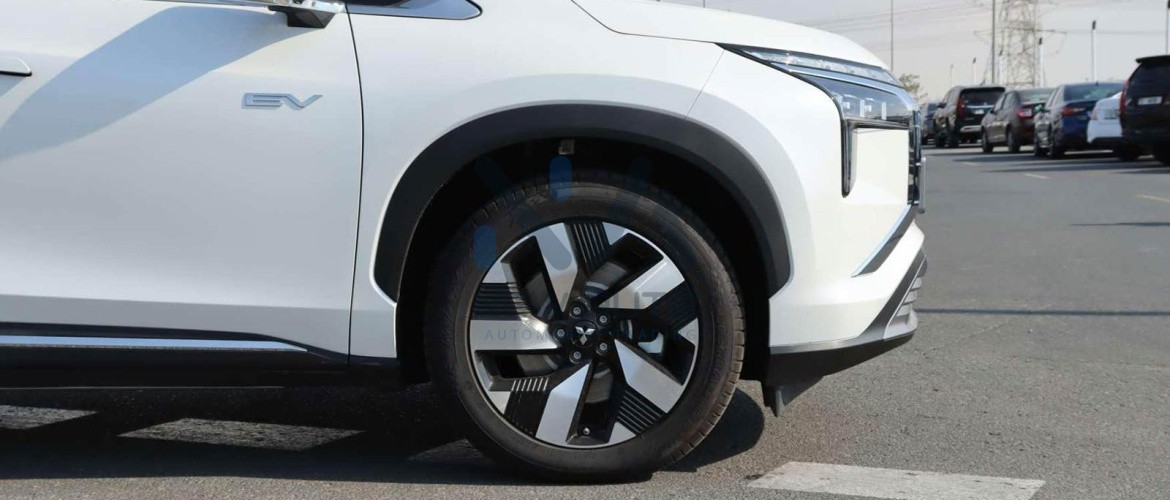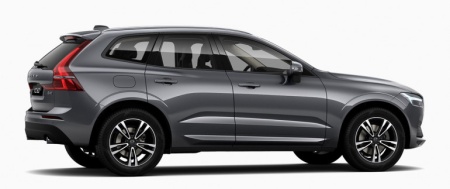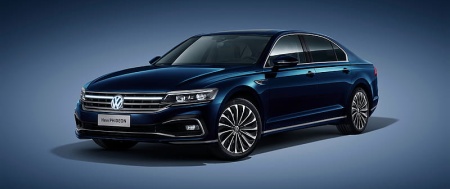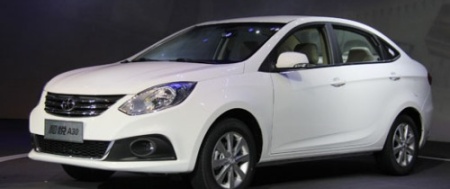The Middle East is famous for many things, but one thing that has been globally recognized to be the style of the UAE is its flamboyant lifestyle. Cars, hotels, brands, jewellery you name it, and UAE shall offer the best of it. The higher upper-class people import cars from UAE, considering their wide range. For one to import cars from UAE, one indeed needs to make necessary arrangements, but considering the money it might cost them, they supposedly would also be able to make those arrangements.
Today the Dubai car export agency in UAE and from other places of provinces exports cars to different parts of the world. Upper-middle-class and upper-class people who can afford such luxury have been very interested in the venture and have been making the most of it extensively.
Situated in another part of the world is Nigeria of Africa. Nigeria, with its growing middle class, is fast becoming one of the largest automobile markets in Africa. With a population of over 200 million people, the demand for vehicles has been on the rise, with many Nigerians opting for imported cars from the Dubai car export agency due to their affordability, better quality, and a wider range of choices compared to locally manufactured cars.
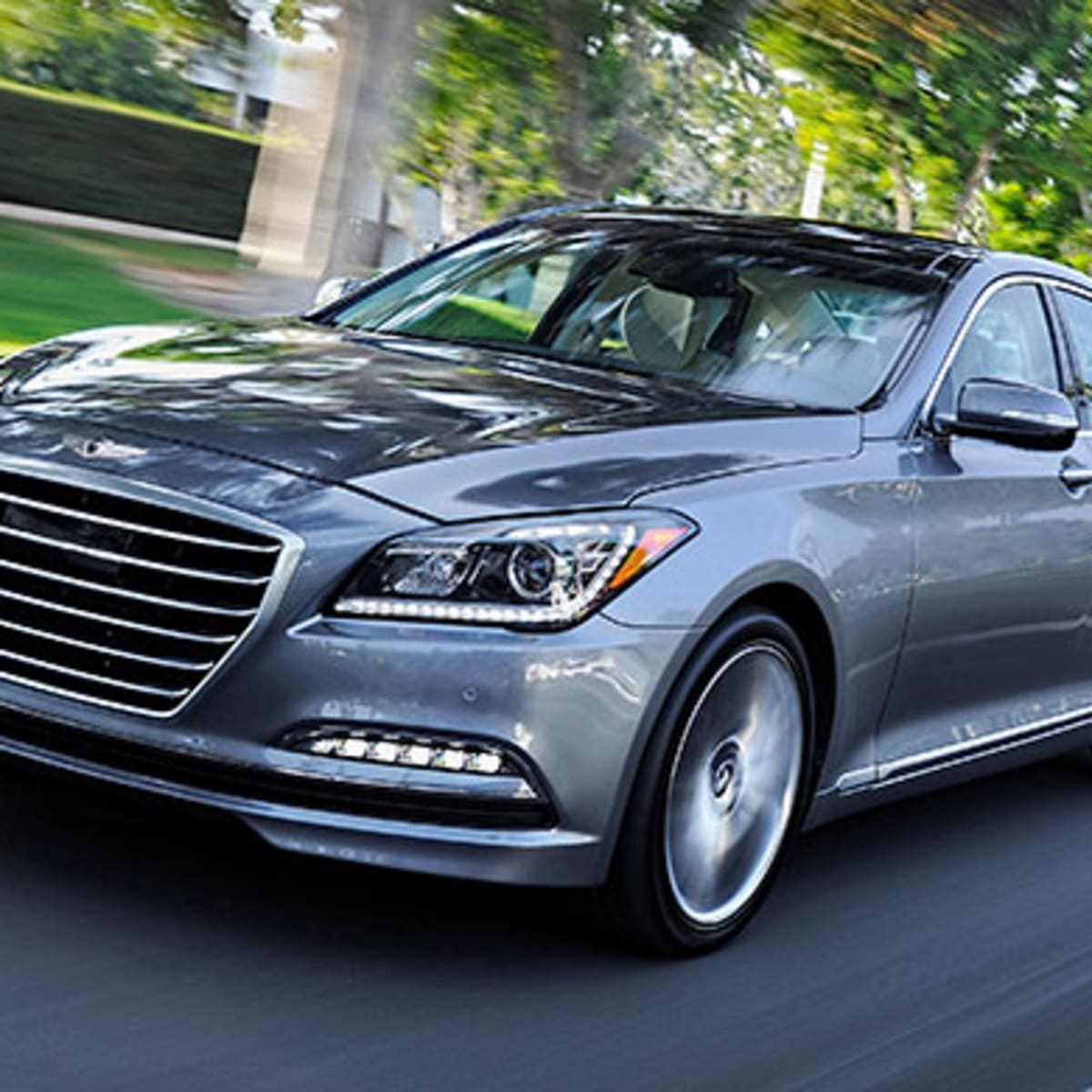
While importing cars into Nigeria can be lucrative, it is essential to evaluate the financial aspects, including costs and benefits. This article will delve into the costs and benefits of importing cars to Nigeria, providing readers with a comprehensive overview of what to expect.
Benefits of Importing Cars to Nigeria
Wide Range of Choices:
Importing cars into Nigeria provides a wider range of choices than those available locally. Nigerians have the opportunity to purchase different car models, makes, and brands from various countries worldwide, giving them a chance to own vehicles that would otherwise be inaccessible. If an upper middle-income man or wealthy man from Nigeria aspires to get a supercar, they can always import one from the middle-east agencies like Dubai or Qatar.
Better Quality:
Imported cars coming from the land of the sheiks would, in all possibilities, come with better quality parts and materials, providing buyers with long-lasting, reliable vehicles. The cars are built to meet international standards and are subject to rigorous testing and certification, ensuring that they are safe and reliable. It is essentially this feature of importing cars from Dubai or UAE in particular that makes it a viable choice.
Cost-Effective:
Imported cars are generally more affordable than locally manufactured cars, making them more accessible to a wider range of consumers. With the right research and planning, buyers can save money by importing cars directly from manufacturers or dealers, cutting out middlemen and reducing costs.
Investment:
Importing cars into Nigeria can be a lucrative business venture, providing an opportunity for individuals to make significant returns on their investments. By importing cars and selling them locally, entrepreneurs can make a profit while also providing a valuable service to consumers. All one needs to do to boom the business is contact an established dealer from the UAE. See that both your business ethics match in some ground and sign a dignified agreement that doesn’t exploit any party and is inclusive of the business regulations imposed by the governments of both countries.
Costs of Importing Cars to Nigeria
Shipping Costs:
The cost of shipping cars to Nigeria can be significant, depending on the distance and mode of transportation. Importers need to consider the cost of ocean freight, insurance, customs clearance, and delivery to the final destination.
Import Duties:
Import duties on cars can be high, ranging from 35% to 70% of the cost of the vehicle, depending on the age and type of car. Importers need to factor in these costs to determine the final price of the vehicle, which can significantly impact the profitability of the venture

Customs Clearance:
Customs clearance can be a lengthy and complex process, requiring importers to comply with various regulations and requirements. Importers need to ensure that all necessary documentation is in place and that they are familiar with the customs clearance process to avoid delays or penalties.
Local Taxes and Fees:
In addition to import duties, importers need to factor in local taxes and fees, such as value-added tax (VAT), registration fees, and licensing fees. These costs can add up quickly and significantly impact the overall cost of importing cars.
Exchange Rates:
Importers need to factor in exchange rates when importing cars, as fluctuations in currency values can impact the final cost of the vehicle. Importers need to keep a close eye on exchange rates and make decisions based on the current market conditions to avoid significant losses.
Conclusion
Importing cars into Nigeria can be a lucrative business venture, providing buyers with a wide range of choices, better quality vehicles, and cost-effective options both for the ones exporting and the ones importing them. However, importers need to carefully evaluate the financial aspects of importing cars, including shipping costs, import duties, customs clearance, local taxes and fees, and exchange rates. On the other hand, the exporter needs to have an understanding of the market and trends of the country they are exporting their goods, the laws that govern the business in that state and the purchasing power of customers there.
The population in Nigeria of those who are inclined towards the will to buy luxury car in Dubai, and this makes the perfect time to start a business. Businesses and individuals who are interested to buy luxury car in Dubai and are making the effort to import them, say a great deal of the customer interests that govern the markets in Nigeria. Nigeria, for one, is a booming market for all kinds of industries and is far from the image which white-washed media has presented of it.
By carefully planning and researching the process, importers can make informed decisions and avoid significant financial losses. Ultimately, the benefits of importing cars to Nigeria can outweigh the costs, providing a valuable service to consumers while also generating significant profits for importers.
